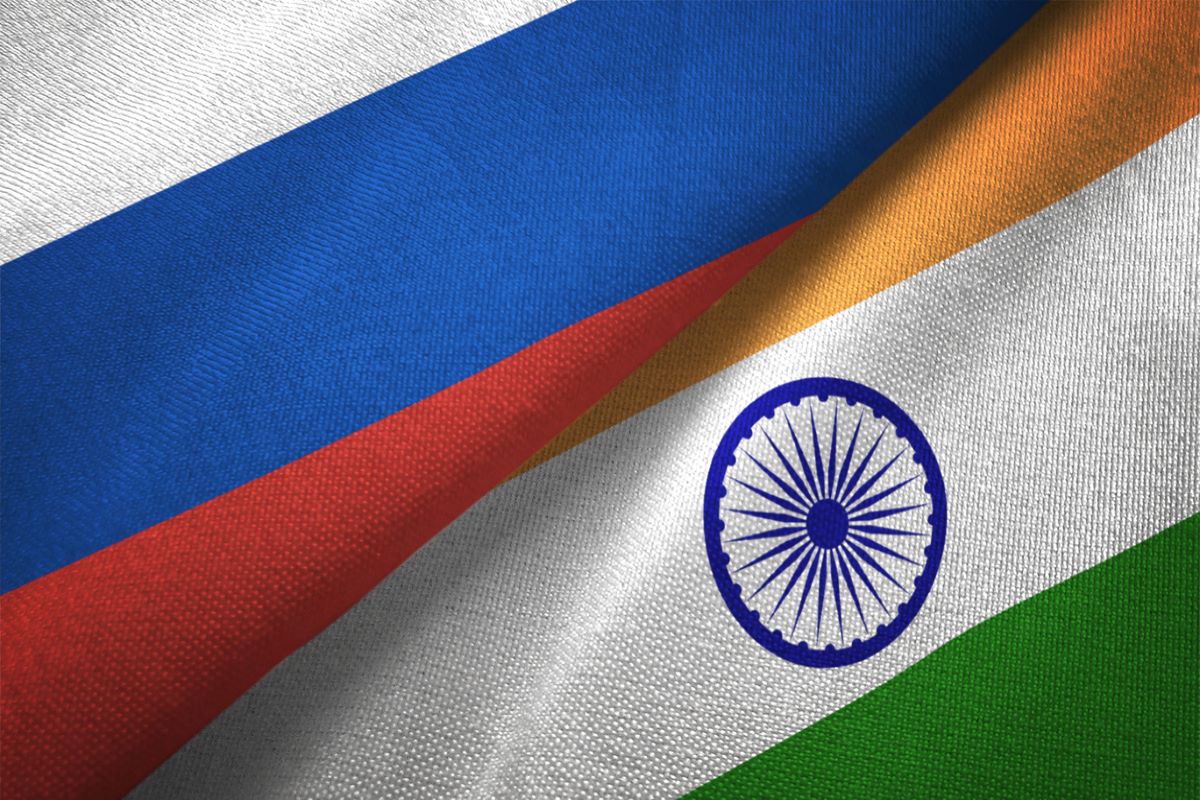The wooing of India by both the West and Russia, the antagonists in the Ukraine crisis, continues apace. The Indian foreign and defence ministers are in Washington for a 2+2 dialogue with their US counterparts, and Prime Minister Narendra Modi and President Joe Biden followed it up with a telephonic conversation to show that the commitment to a closer bilateral relationship comes from the top. This follows the India-Russia 2+2 meet held in Delhi in December, which saw President Vladimir Putin visit Delhi and hold talks with Mr Modi to signal the priority Russia places on ties with India.
While some experts are crowing about these high-level interactions being the benefits of New Delhi’s “principled neutrality” on Ukraine, and that is undoubtedly a factor, it is an incomplete assessment. India’s increasing global heft is primarily a function of its calibrated strategic positioning in a new world order that is no longer dominated by the West as of old but is far from being controlled by rising power China (with help from Russia). Russia’s invasion of Ukraine, and the threatening noises emanating from Moscow as Sweden and Finland consider joining Nato, has hastened the process of geopolitical repositioning.
Advertisement
The powers of the West are waning, especially as its opponents realise that as long as, say, Nato territories are not attacked, there will be no meaningful military response from Washington and its allies. Yet, USA-Europe remains the wealthiest global bloc and, as a commentator points out, still controls the most powerful financial, cultural, and academic institutions (including media) through which it shapes the popular narrative and deploys its resources ~ diplomatic and coercive ~ to achieve its aims.
The Washington-led crowding out of Russia from the global high table after the collapse of the Soviet Union with the absorption of a number of former Warsaw Pact countries into Nato, and the attempted encirclement of China through the Quad, AUKUS, and the Association of South East Asian Nations, has been at least partly responsible for giving President Putin the opportunity to up the military ante in Europe and President Xi Jinping to take on the Western economic and governance model respectively. What is proving particularly galling for the West is that even friendly countries such as India are not willing to blindly toe its line, and not just on Ukraine.
New Delhi is following a policy of enlightened self-interest amid the shifting sands of contemporary geopolitics where nothing is permanent. A sense of impermanence, however, is advantageous for India as it seeks to protect its territorial integrity from the depredations of China and its client-state Pakistan, enhance its military infrastructure, and aims to become a high middle-income nation by signing mutually beneficial trade deals with all comers











